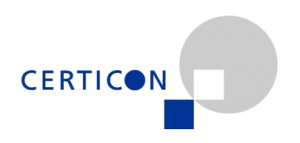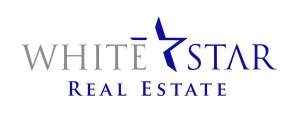Global tax reform is looming
23.07.2021Company: EY
On 1 July, another significant step was taken in the process. 130 jurisdictions [1] (including the Czech Republic) issued a joint Statement under the OECD framework, in which they have joined a new two-pillar plan to reform international taxation rules. The Statement indicates an ambition to finalize the detailed technical parameters by October 2021, with expected start of application of the new rules from 2023.
Pillar One – selected parameters:
- The new rules should apply to multinational enterprises (MNEs) with global turnover above €20 billion [2] and profitability above 10%,
- The new rules should not affect the extractives and regulated financial services sectors.
- Between 20-30% of residual profit (defined as profit in excess of 10% of revenue) will be allocated to market jurisdictions with nexus [3] using a revenue-based allocation key.
- The amount of profit will be determined by reference to the financial statements (with certain adjustments).
- The Statement indicates that once this Pillar is implemented, any digital services taxes should be removed.
Pillar Two – selected parameters:
- The main building blocks are:
- Income Inclusion Rule (IIR), which generally imposes top-up tax on a parent entity in respect of a low taxed income of a constituent entity;
- Undertaxed Payment Rule (UTPR), which generally denies deductions (or requires an equivalent adjustment) to the extent the low tax income of a constituent entity is not subject to tax under the IIR;
- Subject to Tax Rule (STTR) that allows source jurisdictions to impose limited source taxation on certain related party payments subject to tax below a minimum rate.
- These new rules should generally apply to MNEs with revenues exceeding €750 million. However, countries are free to apply the IIR to "their" MNEs even if they do not meet the threshold.
- These rules should not apply to pension funds and investment funds (that are UPEs).
- In general, the effective tax rate of each jurisdiction should be used for the purposes of the IIR and UTPR, with a minimum tax rate of at least 15%.
- Certain "substance" and "de minimis" carve-outs from the application of the rules should be possible.
We will continue to monitor this area for you.
If you have any questions, please contact your regular EY tax team.
Authors:
Lucie Říhová
Karel Hronek
Reference:
[1] On a side note, the following countries have not signed the Statement: Barbados, Estonia, Hungary, Ireland, Kenya, Nigeria, Peru, Saint Vincent and the Grenadines, Sri Lanka.
[2] In the future, the turnover threshold may be reduced to €10 billion.
[3] For a jurisdiction to reach the nexus, the given MNE must derive a certain amount in revenue from that jurisdiction (€ 250 000 - 1 million depending on the size of the jurisdiction).
Tags: Finance |






